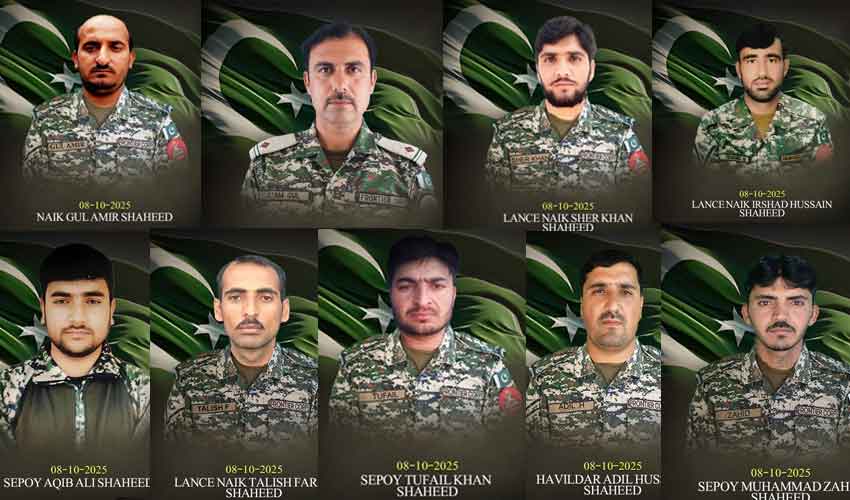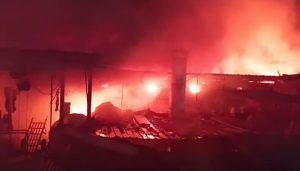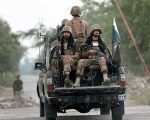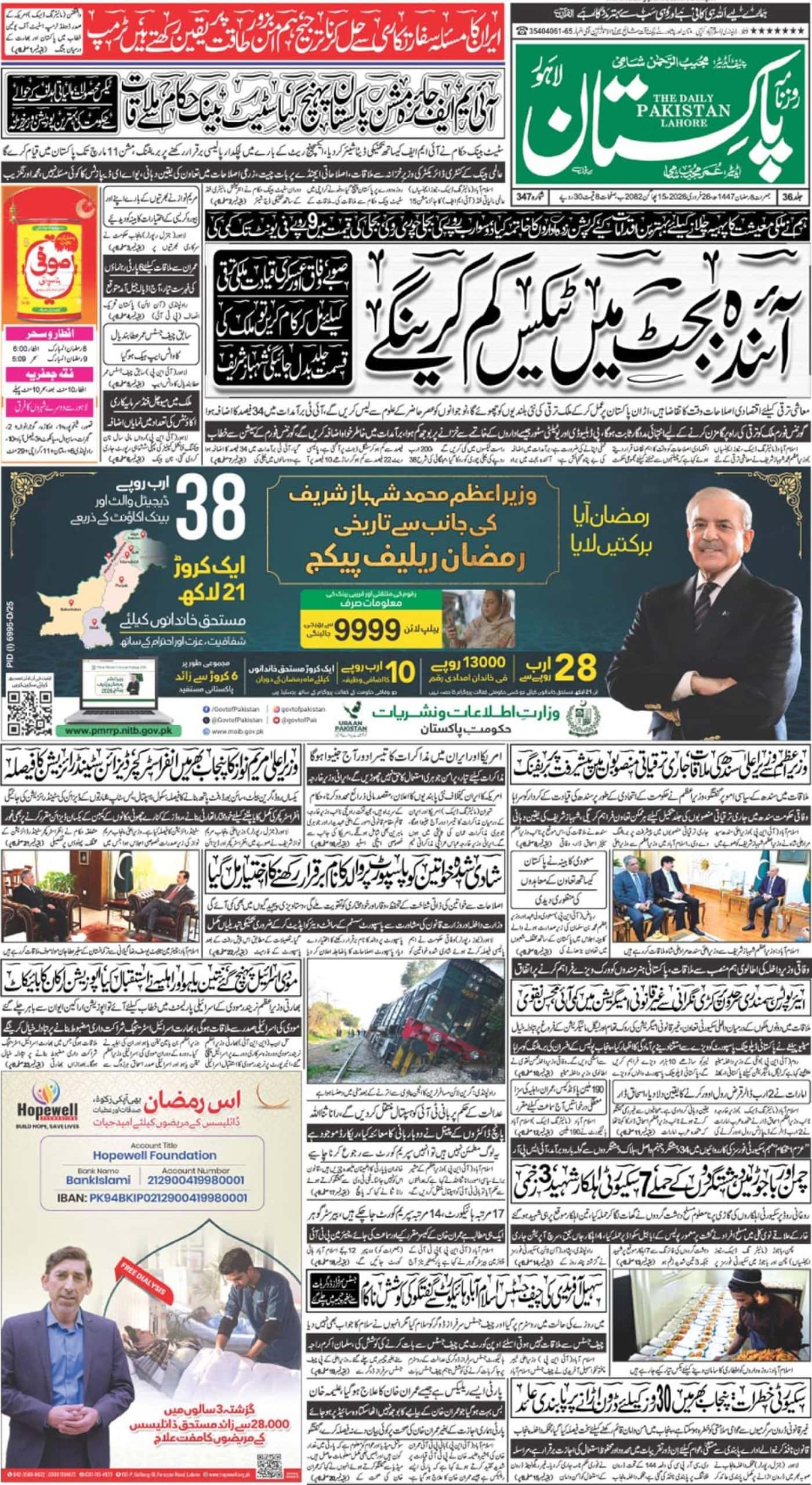There’s a specific, hollow feeling that settles in your gut when you read the news. It’s a feeling we in Pakistan have come to know too well. You see the formal language, the tally of the fallen, and your heart braces itself. But Lieutenant Colonel Junaid Arif and Major Tayyab Rahat are not numbers. Their lives, and the lives of the nine men who fought beside them, cannot be reduced to a grim statistic you skim over with morning tea. For me, and for millions of us, this isn’t just a news alert; it’s a physical blow. It’s the tearing open of a scar on a nation that is so tired of bleeding. When I read their names—Azam Gul, Adil Hussain, Gul Ameer, Sher Khan, Talish Faraz, Irshad Hussain, Tufail Khan, Aqib Ali, Muhammad Zahid—they are not just words on a page. Behind each name is a universe of extinguished hope: a father who will never again hold his child, a son who has left his parents in the twilight of their lives, a husband whose chair at the dinner table will forever remain empty. They were our finest. And they were martyred in Orakzai, fighting a monster we were assured was slain, a monster that now, shamelessly, feeds and rests in the sanctuary of our neighbor’s home.
The military’s media wing identified the perpetrators with a term heavy with religious and historical condemnation: “Fitna al Khawarij,” the state-designated name for the Tehreek-i-Taliban Pakistan (TTP). It tells us this isn’t just a war; it is a battle against seditious heresy. But this “Fitna” is not a ghost. It has a home, it has training camps, and it has leaders who plot our destruction from the supposed safety of Afghan soil. This is the difficult, infuriating truth we must now confront.
For over forty years, we opened our hearts and our homes to our Afghan brethren. When the Soviets invaded, they came. When civil war ravaged their land, they came. We did not build walls; we set up camps that grew into communities. We shared our bread, our water, our already-strained resources. We did this out of a sense of Islamic duty and brotherly compassion. We told ourselves, and the world, that Afghans were our brothers.
But today, that brotherhood feels like a one-sided pact, a bond betrayed. While we were feeding their children, a faction sheltered among them was planning to orphan ours. And so, I must ask Afghanistan directly: Is this how you repay a debt of decades? Is the blood of our soldiers the price of your strategic calculations? While you call them “guests,” these men—this “Fitna al Khawarij”—are plunging our nation into mourning. The recent surge in violence is staggering; the first three quarters of this year have been nearly as deadly as all of last year, with our border regions bearing the brunt of this storm.
We have sent delegations, we have shared intelligence, and we have pleaded with the interim government in Kabul to honor their promises that Afghan soil would not be used to attack any other country. The response has been a cocktail of denial, deflection, and inaction.
We are told that 19 of these terrorists were “sent to hell.” This is justice for our fallen, but it is not a solution. Cutting the branches of a poisoned tree is a futile exercise when the roots are being nourished in your neighbour’s garden.
The patience of the Pakistani people has run out. The diplomatic niceties and the language of brotherhood feel hollow when we are burying our best and brightest. For years, we have absorbed these attacks while urging Kabul to act. That approach has failed. A state’s foremost duty is the security of its people and its defenders.
The time for requests has passed. It is time for consequences. We did not seek this conflict, but we can no longer afford to evade it. If the government in Kabul will not or cannot eradicate the TTP sanctuaries that threaten our very existence, then Pakistan must. We must be prepared to strike back, hard and decisively, at any cost. This is no longer a matter of choice but of survival. The lives of our soldiers, the peace of our nation, and the future of our children depend on it. Lieutenant Colonel Junaid, Major Tayyab, and their nine men did not sacrifice their lives for us to continue with a failed policy of appeasement. Their sacrifice must be the final catalyst for a new resolve. We have mourned enough. Now, we must act.














